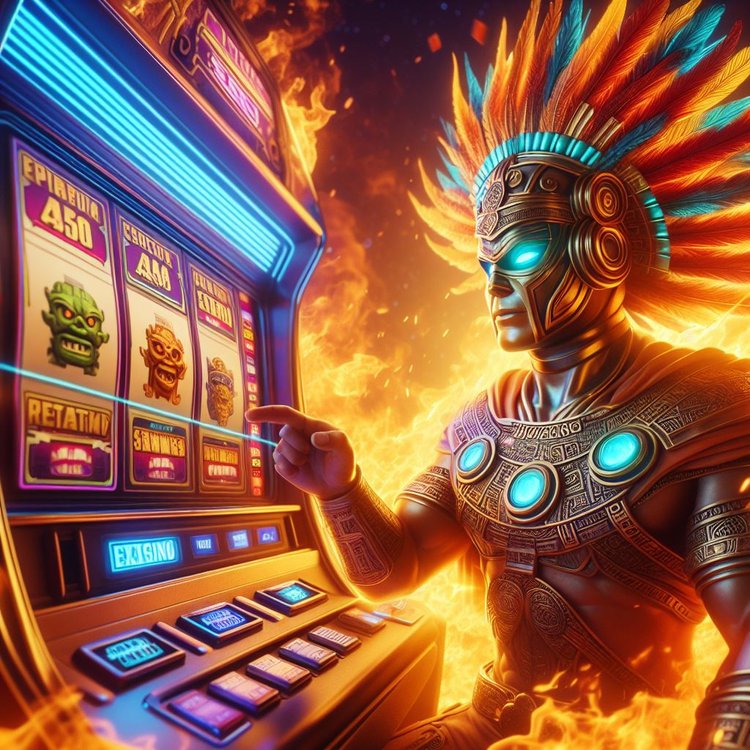In the realm of modern entertainment, online gaming stands tall as a colossus, captivating millions worldwide with its immersive experiences, social connectivity, and boundless creativity. From humble beginnings to sophisticated virtual worlds, the evolution of online gaming is a fascinating narrative of technological advancement, cultural influence, and the enduring human quest for adventure and connection.
The Genesis: Pioneering the Digital Frontier
The origins of online gaming trace back to the late 20th century when rudimentary computer networks facilitated primitive multiplayer experiences. Text-based adventures like MUDs (Multi-User Dungeons) laid the groundwork for collaborative virtual environments, where players could interact, cooperate, and compete in shared digital spaces.
With the advent of the internet in the 1990s, online gaming dower88 underwent a revolution. The emergence of dial-up connections and early broadband services heralded the dawn of a new era, marked by graphical MMORPGs (Massively Multiplayer Online Role-Playing Games) such as Ultima Online and EverQuest. These pioneering titles introduced players to expansive fantasy worlds where they could assume roles, forge alliances, and embark on epic quests alongside thousands of fellow adventurers.
The Golden Age: From LAN Parties to Global Communities
The early 2000s witnessed the proliferation of online gaming culture, fueled by the rise of LAN (Local Area Network) parties and internet cafes. Games like Counter-Strike, Warcraft III, and StarCraft captivated players with their competitive gameplay and vibrant online communities, laying the groundwork for the esports phenomenon that would follow.
The launch of Xbox Live in 2002 and PlayStation Network in 2006 brought online gaming to mainstream consoles, enabling players to connect, communicate, and compete on a global scale. Titles like Halo 2 and Call of Duty: Modern Warfare became household names, showcasing the power of online multiplayer to unite players across continents in exhilarating battles of skill and strategy.
The Era of Social Gaming: Connecting Players Across Platforms
In recent years, online gaming has transcended traditional boundaries, embracing cross-platform play and social integration as key pillars of its evolution. Games like Fortnite, Minecraft, and Among Us have redefined the genre, offering players unprecedented freedom to explore, create, and collaborate in shared virtual worlds.
The rise of live streaming platforms such as Twitch and YouTube Gaming has further transformed online gaming into a spectator sport, with millions tuning in to watch their favorite players and personalities compete in real-time. Esports tournaments attract massive audiences and lucrative sponsorships, elevating competitive gaming to the realm of professional sports.
The Future of Online Gaming: Exploring New Frontiers
As we look ahead, the future of online gaming appears brighter than ever, fueled by advances in technology such as virtual reality (VR), augmented reality (AR), and cloud gaming. VR platforms like Oculus Rift and PlayStation VR promise to immerse players in fully interactive virtual environments, while AR games like Pokémon GO blur the lines between the digital and physical worlds.
Cloud gaming services like Google Stadia and Xbox Cloud Gaming are poised to revolutionize the way we play, offering instant access to high-fidelity games on any device with an internet connection. The boundaries between platforms are fading, giving rise to a truly interconnected gaming ecosystem where players can seamlessly transition between devices and experiences.
In conclusion, the journey of online gaming from its humble origins to its current status as a global cultural phenomenon is a testament to the enduring appeal of interactive entertainment. As technology continues to evolve and innovate, so too will the worlds we explore, the stories we tell, and the communities we build in the boundless virtual realms of online gaming.

